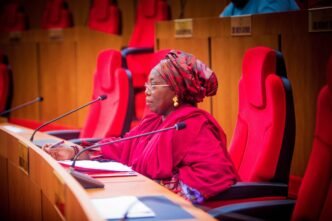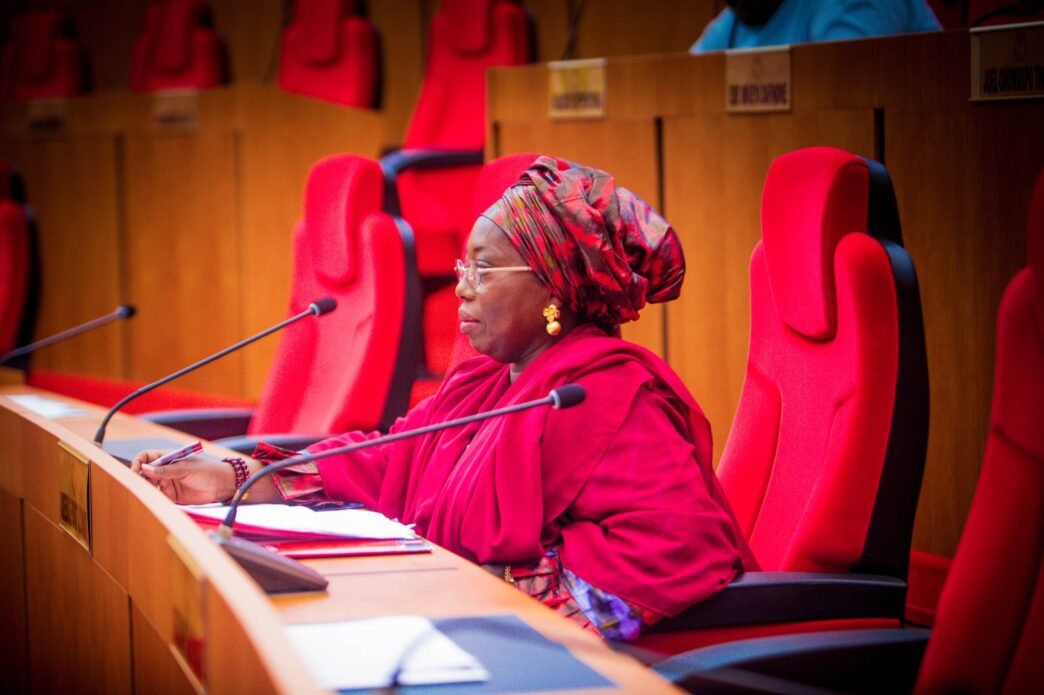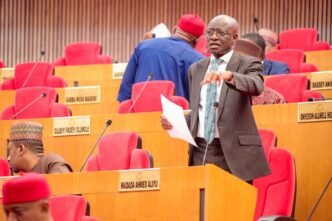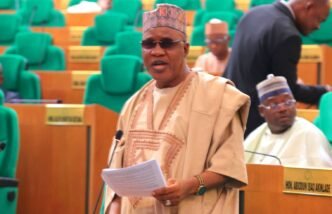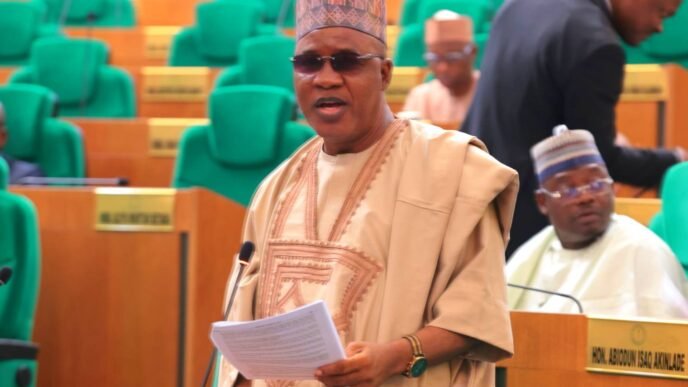Thursday November 13, 2025 | A key legislative proposal, SB. 432, aimed at modernizing the enforcement of civil processes and judgments across Nigeria, scaled second reading in the Senate. The bill seeks to amend the Sheriffs and Civil Process Act (SCPA) to ensure that court victories can be effectively translated into recovered funds.
The bill, sponsored by Senator Adebule, Idiat Oluranti, focuses on tackling two major loopholes that have long frustrated judgment creditors, particularly in cases involving public funds.
Critical Changes Proposed by SB. 432
The primary focus of the amendment is on Garnishee Proceedings, the legal mechanism for recovering debt from a third party (like a bank) holding the debtor’s funds.
- Mandatory Consent Timeline for Public Funds: The bill mandates a strict 14-day timeline (excluding the date of service) for the Attorney-General or relevant public officer to respond to a request for consent to garnishee public funds (Section 84). Crucially, failure to respond within 14 days will be deemed as automatic consent. This provision directly addresses the historic problem of government officials indefinitely delaying or refusing consent, thereby frustrating judgment enforcement.
- Immediate Account Restriction: The amendment introduces a requirement for banks (Garnishees) to immediately restrict the Judgment Debtor’s account upon being served with the Order Nisi (the initial court order). This prevents Judgment Debtors from emptying their accounts upon receiving notice of the court order, a common tactic that renders the entire garnishee process useless.
Modernizing Civil Process
Beyond garnishee reforms, the bill is titled to encompass broader updates, including:
- Making provisions for the appointment and duties of Sheriffs and the execution of civil process of courts in Nigeria.
- Introducing provisions for the electronic service of court processes to enhance speed and efficiency in litigation.
